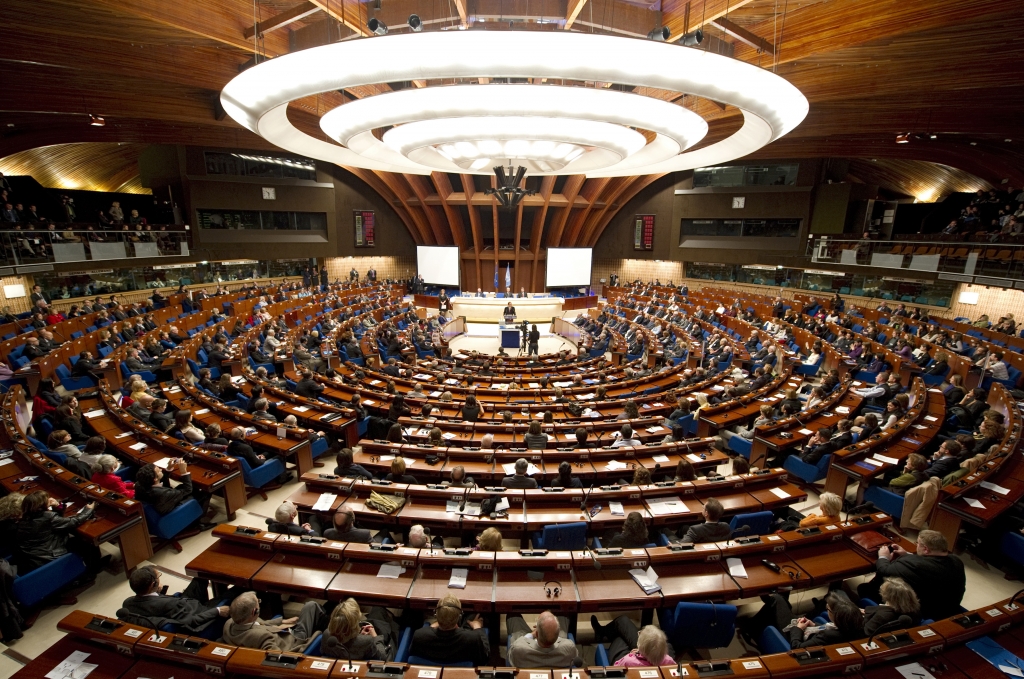The United Nations Convention on Human Rights epitomizes a pivotal achievement in the global journey towards safeguarding human dignity. As nations grapple with their moral and ethical responsibilities, the intersection of international frameworks and Christian values compels a deeper examination of human rights through a theological lens. Can one reconcile the often secular underpinnings of human rights conventions with the profoundly spiritual doctrine inherent in Christianity? This question opens a rich dialogue about the role of faith in affirming human dignity amidst a secular world.
Historically, the roots of the human rights discourse can be traced to various religious traditions, but the prominence of secular ideologies in the post-World War II era has created both opportunities and tensions. The Universal Declaration of Human Rights (UDHR), adopted by the United Nations General Assembly in 1948, lays the foundation upon which many international human rights treaties are built. It enshrines rights that resonate with the core tenets of Christianity—the sanctity of life, the dignity of the individual, and a shared moral responsibility toward one another.
From the perspective of Christian doctrine, the inherent dignity of every human being is derived from the imago Dei—the belief that humans are created in the image of God. This theological principle affirms that all individuals possess an intrinsic value that is not contingent upon status, wealth, or societal norms. The challenge for Christians lies in advocating for these rights while navigating the complexities of a pluralistic society where varying moral frameworks coalesce and sometimes clash.
Exploring the implications of this divine image invites us to consider the universal applicability of rights. If every person reflects the Creator, what does this imply for our interactions with those marginalized by societal structures? The scriptural call to love one’s neighbor (Mark 12:31) becomes a mandate that extends beyond mere sentiments; it transforms into a call to action, urging believers to defend the rights and dignity of others.
Moreover, the principle of justice, as articulated in the Bible, challenges Christians to actively oppose injustice and advocate for the disenfranchised. Micah 6:8 succinctly articulates this divine expectation: “He has shown you, O mortal, what is good. And what does the Lord require of you? To act justly and to love mercy and to walk humbly with your God.” This verse serves as a clarion call to engage with international human rights mechanisms not only as citizens of one nation but as global stewards of divine justice.
As we consider the broader implications of the United Nations Convention on Human Rights, it becomes essential to recognize potential contradictions. Is the secular approach to human rights sufficient to address the spiritual and moral dimensions of human existence? Some argue that a purely secular framework may lack the profundity needed to address the moral failings of humanity. The Enlightenment rationalism underpinning many human rights principles must reckon with the very real limitations of a worldview that often neglects the transformative power of grace and redemption found within Christian teachings.
Furthermore, the application of human rights can lead to contentious debates. Issues such as reproductive rights and freedom of expression may not align with traditional Christian teachings. This dichotomy raises critical questions about the role of Christians in advocating for human rights within a framework that sometimes appears to suppress religious convictions. Can one uphold the sanctity of life alongside advocating for individual freedoms without compromise? This ongoing dialogue necessitates a thoughtful balance between advocacy for universal rights and fidelity to one’s faith.
Yet, the quest for dignity does not end with challenges; it inspires collective action. Christian communities worldwide increasingly engage in human rights advocacy, understanding that promoting dignity is a manifestation of their faith. Organizations driven by Christian principles unite under banners of compassion, equality, and justice, aiming to make tangible differences in areas rife with human rights violations. This united front offers a glimpse of hope, wherein faith and action coalesce to address the world’s injustices.
Additionally, the role of education cannot be overstated in the pursuit of human rights advocacy. Discipleship rooted in Christian teachings must extend to illuminating the principles of human rights. By fostering awareness and understanding of these rights among congregations, Christians can better equip themselves to navigate complex socio-political landscapes. Educational initiatives can facilitate discussions that encourage ethical action, demonstrating that an unwavering commitment to justice and dignity transcends religious boundaries.
Ultimately, the challenge before Christian scholars and advocates is to navigate the intricate dance between doctrine and practice. As believers engage with the United Nations Convention on Human Rights, they must consider not only the implications for individuals but also the collective good of society. How do we advocate for rights while honoring the divine origin of those rights? This question will continue to reverberate throughout theological discourses and social action initiatives, calling upon Christians to embody the principal tenets of their faith while striving towards a just and compassionate world.
In conclusion, the United Nations Convention on Human Rights provides a vital framework for articulating and advocating for human dignity. Within this framework, the Christian perspective brings a unique and deeply philosophical approach to understanding these rights. The integration of faith into the discourse of human rights illuminates the profound connection between humanity’s spiritual design and the universal rights each individual possesses. In this intricate interplay, Christians are invited to reflect on their roles as advocates, educators, and agents of change in the pursuit of global dignity, ensuring that the sacredness of every life is honored and upheld.



